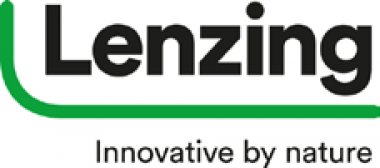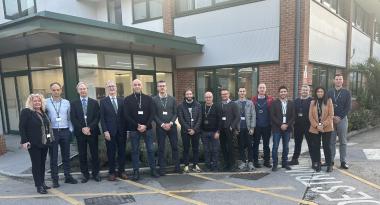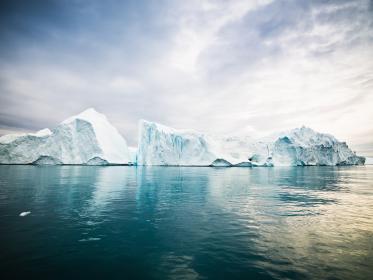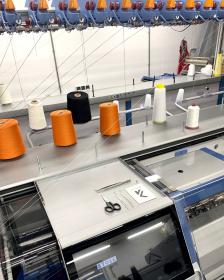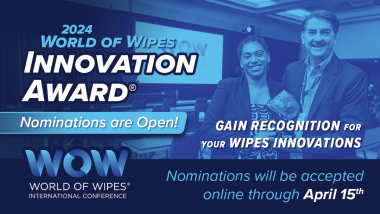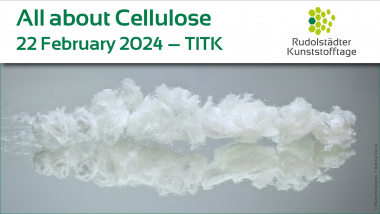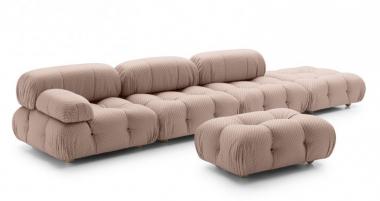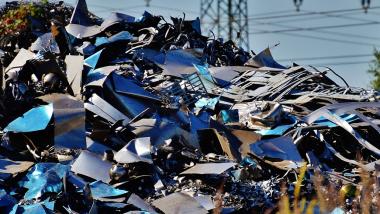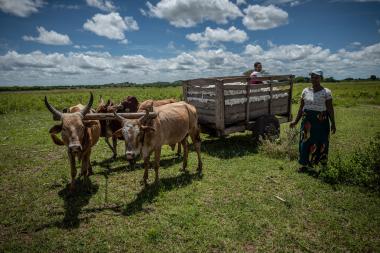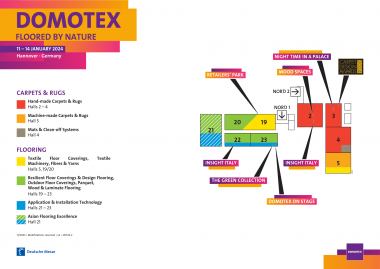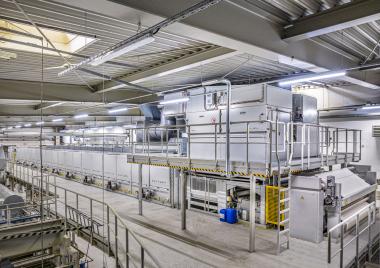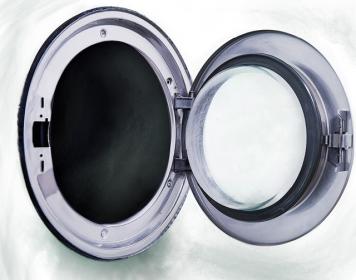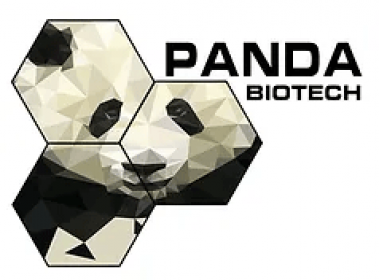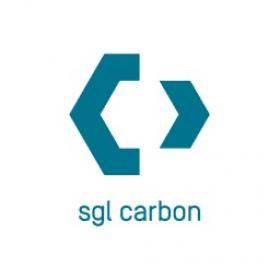Everfield acquires Swedish software specialist for commercial laundry industry
Software group Everfield has acquired the Swedish software reseller “SoCom Scandinavia AB” (SoCom Scandinavia). The previously independent reseller is now a subsidiary of German “SoCom Informationssysteme GmbH” (SoCom), which Everfield acquired early 2023. SoCom Scandinavia distributes SoCom’s ERP system for the commercial laundry industry in Scandinavia. SoCom is among Europe’s leading providers in this segment and with this acquisition is further expanding its market position in the Nordic countries.
“By acquiring SoCom Scandinavia, we have successfully completed the first so-called bolt-on acquisition for one of our portfolio companies”, says Oscar Koberling, Acquisitions Manager at Everfield. In a bolt-on acquisition, the company being purchased is integrated into an existing portfolio company. “We focus on long-term sustainable growth and work closely with the management of our portfolio companies to identify the right targets”, Koberling highlights. “With the addition of SoCom Scandinavia, SoCom can now further strengthen the sales and support in this region and thereby continue to foster growth in Scandinavia.” With its Enterprise Resource Planning (ERP) software “TIKOS”, the German software developer SoCom from Krumbach enables laundries of any scale to achieve end-to-end process management.
SoCom Scandinavia distributes the “TIKOS” laundry software in Sweden, Finland, Norway, Denmark and Iceland. The company was founded in 2017 by the sole shareholder Anna Johansson, in close cooperation with the German SoCom Informationssysteme GmbH. “I myself come from the commercial laundry industry and was therefore able to convince myself of the performance and flexibility of the TIKOS software in practice”, says Anna Johansson. “Our success in the past years shows that many laundries in Scandinavia share this assessment. In the future, we will work even more closely with our German colleagues to further expand our market share in the region.”
Johansson and her team will continue to be available to customers at the existing location. “Since establishing SoCom Scandinavia, Anna and her team have already won and supported a plethora of well-known clients for our software”, emphasizes SoCom’s CEO Michael Wieser. “By integrating SoCom Scandinavia, we can streamline our processes even further. Our main goal remains to offer the best possible service to our clients.”
With its steadily growing software and service portfolio, SoCom has been operating in the laundry industry for over thirty years and is a market leader in the German-speaking region. In total, SoCom’s products are used in over 350 laundries across 17 countries.





